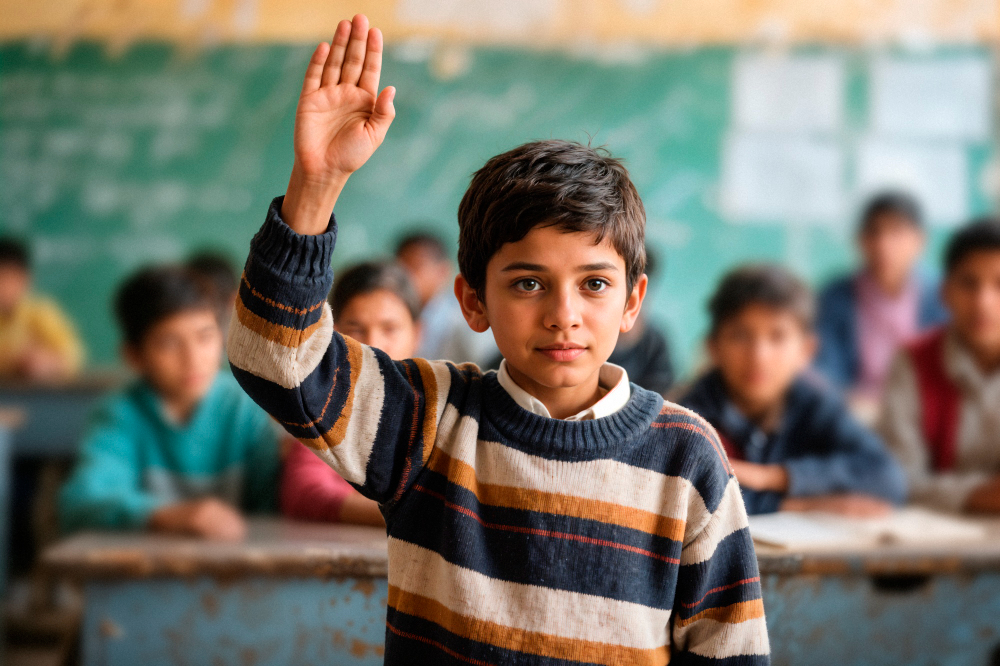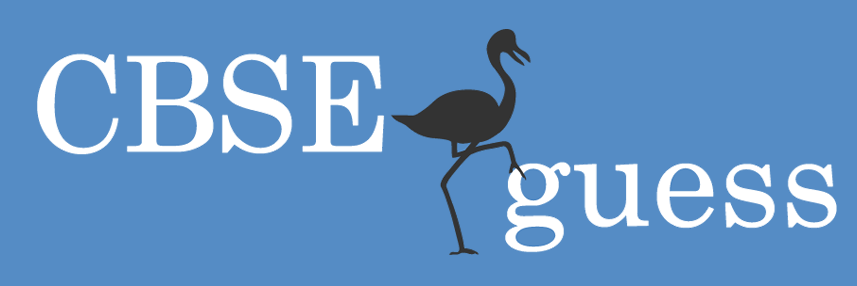CBSE vs ICSE: Which Education Board is Right for Your Child?
1. Introduction to CBSE and ICSE Boards
Choosing the right education board is one of the most important decisions for parents in India. The Central Board of Secondary Education (CBSE), governed by the Union Government, is the most widely recognized board in India. It emphasizes standardized education, especially in science and mathematics, and aligns closely with national-level competitive exams.
On the other hand, the Indian Certificate of Secondary Education (ICSE), administered by the Council for the Indian School Certificate Examinations (CISCE), is known for its comprehensive and application-based curriculum. It encourages analytical thinking, strong language skills, and balanced learning beyond academics.

2. Curriculum Structure and Subjects Offered
- CBSE: Streamlined and focused on core subjects like science, math, and social studies. It offers elective subjects but remains relatively compact.
- ICSE: More detailed and interdisciplinary. Students are exposed to English literature, multiple languages, arts, environmental science, and a range of electives.
For parents, this often comes down to whether they want a broad exposure (ICSE) or a focused, exam-oriented approach (CBSE).
3. Teaching Methodology and Pedagogy
CBSE schools typically follow a balance of theory and practicals, with structured study materials. ICSE, however, leans heavily on project work, lab assignments, and application-based learning, which reduces rote memorization and builds problem-solving skills.
4. Examination Patterns and Assessment Systems
- CBSE exams are known for their objective-type questions, straightforward marking schemes, and relatively lighter evaluation.
- ICSE exams are descriptive and detailed, requiring strong writing, comprehension, and analytical ability.
Parents often weigh stress levels – some children thrive in ICSE’s challenge, while others benefit from CBSE’s simpler testing style.
5. Focus on Holistic Development and Extracurriculars
Both boards encourage extracurricular activities, but with different emphasis:
- CBSE: Strong on clubs, cultural activities, and a balance between academics and sports.
- ICSE: Projects, arts, and practical knowledge are more deeply integrated into academics.
This makes ICSE ideal for parents seeking well-rounded exposure, while CBSE remains better for structured academic progression.
6. Preparation for Competitive Exams and Higher Education
For students aiming at engineering (JEE) or medical (NEET) entrance exams, CBSE’s syllabus overlaps directly, giving them an edge.
ICSE students, however, often develop stronger English proficiency and analytical skills, which can benefit those aspiring for international universities or humanities-based higher studies.
7. Recognition, Affiliation, and Global Perspective
- CBSE: The most widely recognized in India, making transfers easy for families that move frequently.
- ICSE: More valued by foreign universities due to its emphasis on English and in-depth curriculum, which resembles international systems.
8. Cost Implications and Accessibility
CBSE schools are widespread across cities and towns, often more affordable and accessible. ICSE schools, concentrated in urban centers, may involve higher fees, owing to smaller class sizes, resource-rich curricula, and additional subjects.
9. Pros and Cons of Each Board
| Aspect | CBSE | ICSE |
|---|---|---|
| Curriculum | Streamlined, exam-oriented | Broad, detailed, interdisciplinary |
| Exams | Objective, easier | Descriptive, comprehensive |
| Competitive Exams | Strong alignment with JEE/NEET | Less direct but builds critical thinking |
| English Proficiency | Adequate | Strong |
| Global Recognition | High in India | High internationally |
| Accessibility | Widely available | Limited to urban centers |
| Workload | Manageable | Heavier |
10. Suitability Based on Child’s Needs and Learning Style
- CBSE: Best for children aiming for STEM fields, competitive exams, or families that relocate often.
- ICSE: Suitable for creative, analytical learners who enjoy projects, in-depth study, and may pursue global higher education.
Parents should also consider factors like their child’s learning pace, career interests, and adaptability.
11. Parent Testimonials and Real-Life Case Studies
- A CBSE parent: “We chose CBSE because my husband’s job transfers us often. It’s easier to find a CBSE school anywhere in India.”
- An ICSE parent: “My daughter loves literature and debate. ICSE’s detailed English syllabus really boosted her confidence and opened opportunities abroad.”
These stories reflect that the right choice is often personal, not universal.
12. Tips for Making the Right Choice
There is no single “best” board – only the one that fits your child’s needs and your family’s circumstances. A few tips before deciding:
- Visit schools and interact with teachers.
- Understand your child’s strengths – analytical, creative, or exam-focused.
- Factor in long-term goals like competitive exams or international admissions.
At the end of the day, both CBSE and ICSE aim to nurture capable, confident students. The right choice is the one where your child feels supported, challenged, and motivated to learn.
